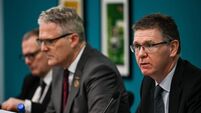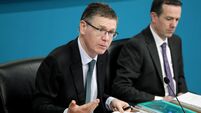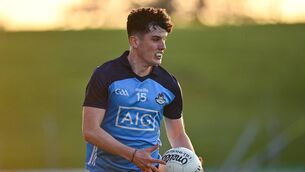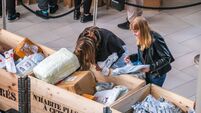Putting the foundations in place
IT might once have been the off-season, but for many modern inter-county sides October, November and December are training months. The managers don't all sing from the same hymn sheet, and some flatly contradict the approach of their colleagues.
Cork's senior footballers began in September. When Cork's All-Ireland hurlers were playing county champions Newtownshandrum, coach Billy Morgan organised the footballers' first get-together for the 2005 season.














